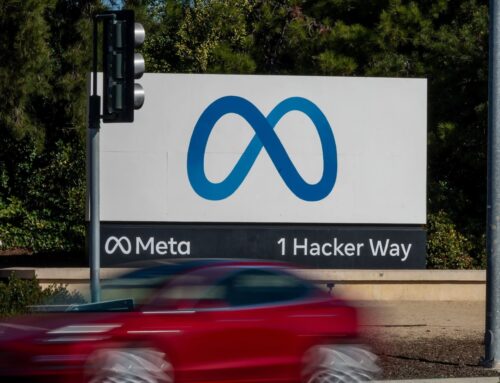It’s Time To Remove Cannabis From The Federal Drug Schedules
December 26, 2018
Ben Curren
Contributor, Markets
I cover the legal cannabis industry
When the Controlled Substances Act (CSA) passed almost 50 years ago, it created a classification system, known as drug schedules, that prescribe how the federal government views and responds to specific drug compounds. Under this system, those listed on Schedule I are generally perceived as unsafe, having a high potential for abuse, and having no accepted medical use.
Heroin, LSD, and Ecstasy are all on the CSA’s Schedule I – as is cannabis.
The matrix descends according to a decreasing abuse potential and increasing medical use, meaning that at the Schedule V level, included drugs are standard over-the-counter medications, “generally used for antidiarrheal, antitussive, and analgesic purposes,” according to the United States Drug Enforcement Administration.
In theory, this sounds reasonable, but, in practice, it is not. For one thing, the Schedule I designation means the federal government views cannabis to be more dangerous than cocaine, crystal meth and fentanyl, all of which are on Schedule II. For another, 33 states and the District of Columbia have disagreed and seen fit to legalize cannabis for recreational and/or medical purposes.
That’s why it’s long past time for cannabis to be descheduled.
A key criterion for Schedule I listing is that a drug has no currently accepted medical use. This runs contrary to the fact that certain states have legalized cannabis for medical use so that physicians can prescribe it for patients suffering from a variety of maladies, including epilepsy, cancer and Parkinson’s Disease.
At the federal level, the Food and Drug Administration has approved three cannabanoids, a derivative of cannabis, for use in medicine. For example, Epidiolex includes the non-psychoactive compound cannabidiol (CBD) derived from cannabis to treat seizures associated with two rare and severe forms of epilepsy. The FDA also approved synthetic cannabinoids for cancer patients undergoing chemotherapy and AIDS patients.
Search
RECENT PRESS RELEASES
Related Post




